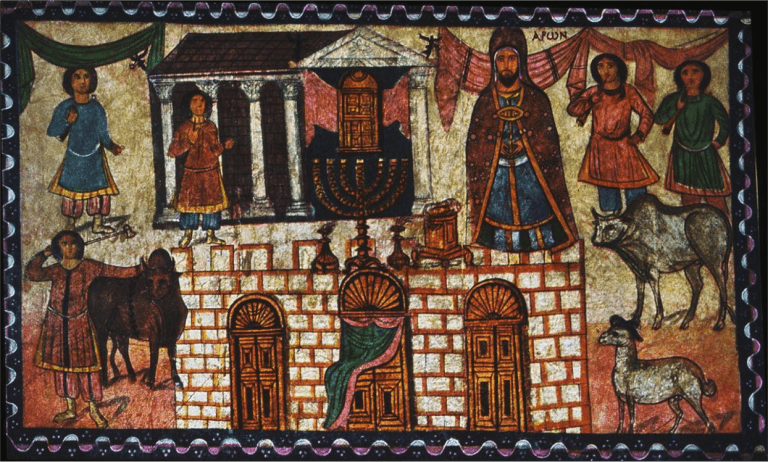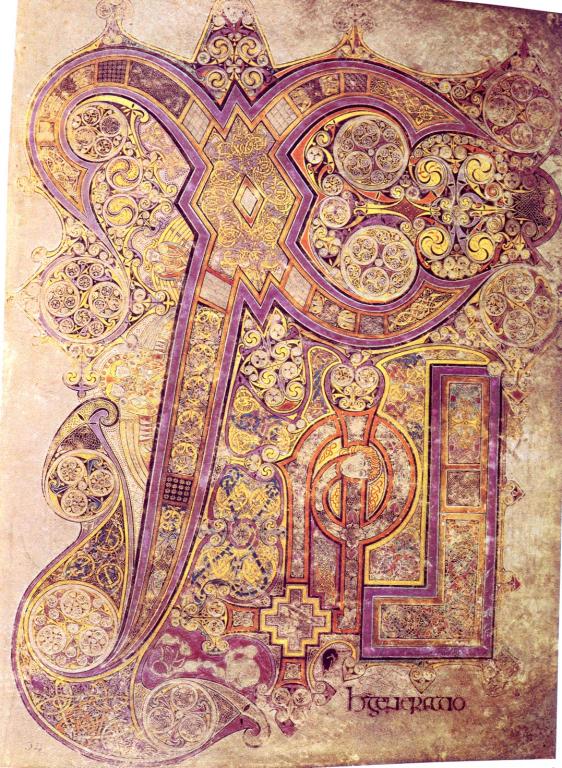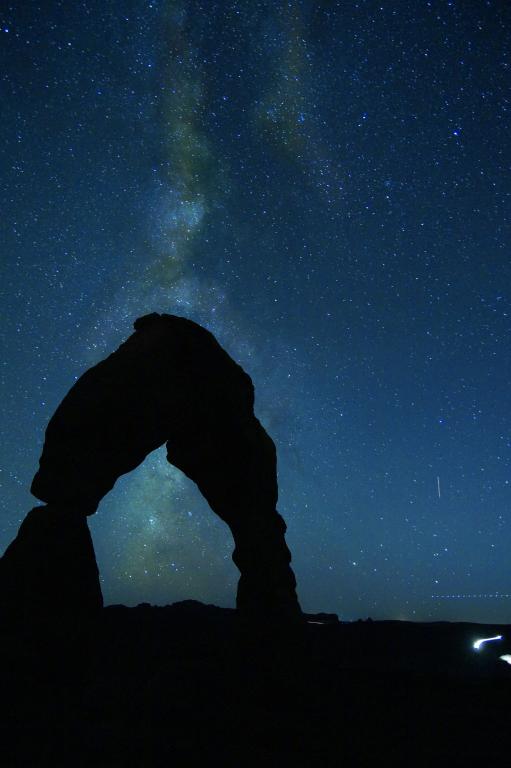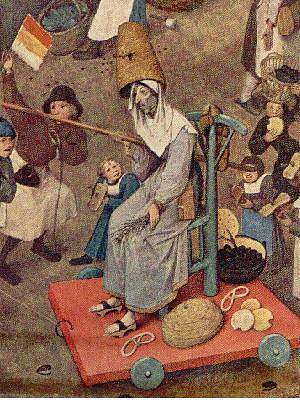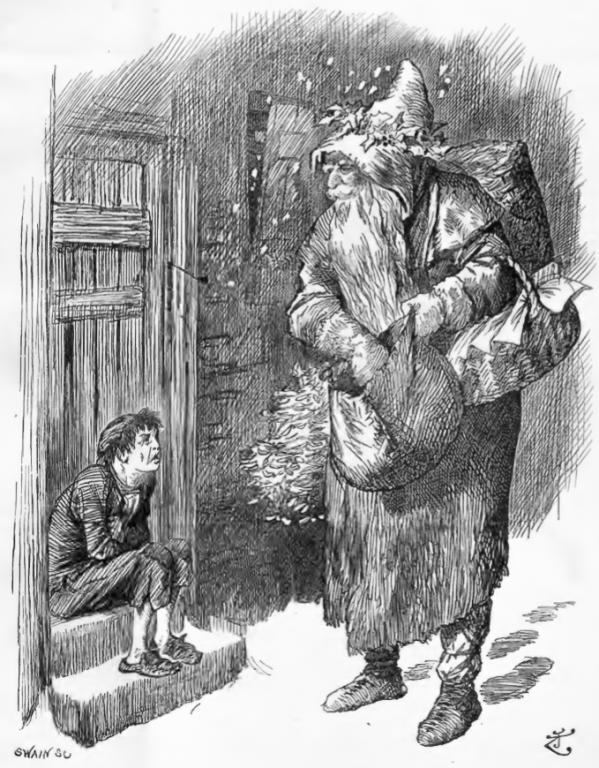
Advent
4 December 2018
The Edge of Elfland
Concord, NH
Dearest Readers,
Recently Stephen Colbert decided to flip the script on The Late Show and had some of his famous friends come and interview him. One of those guests was noted astrophysicist (and often science fiction killjoy) Neil de Grasse Tyson. Toward the end of the interview, as Colbert’s faith comes up. Tyson asks Colbert, “How did you resolve the urges of a believer to reject evidence in favor of faith.” Stephen’s immediate answer, cutting into Tyson’s question? “Bullshit.” The rest of Stephen’s answer about the subject of his faith centers on one word: Gratitude.
This is not the first time Colbert has brought gratitude out as answer for why he has faith or even as a question those who don’t. Many times in his discussions with noted atheist Ricky Gervais, Stephen has turned the conversation to gratitude. Don’t we, after all, if we really feel thankful for the life we have, don’t we want someone to say thank you too?
Some might argue that this is not the best answer or even question. After all, in the rest of the interview, Colbert does not bring up the Catholic understanding of fides et ratio nor does he discuss the idea of “faith seeking understanding.” And yet, I cannot help but think that perhaps in some instances, especially in this one, perhaps gratitude is the right tack after all. In fact, Colbert’s approach reminds me of another, arguably even more, famous Catholic: G.K. Chesterton.
Chesterton wrote many things about Santa Claus, in his book Orthodoxy he says this:
“Children are grateful when Santa Claus puts in their stockings gifts of toys or sweets. Could I not be grateful to Santa Claus when he put in my stockings the gift of two miraculous legs? We thank people for birthday presents of cigars and slippers. Can I thank no one for the birthday present of birth?”
Chesterton’s point is that gratitude is a natural response to reality. This feeling of gratitude, this desire that most of us feel (though perhaps not all the time) for existence itself, for the fact that there is something rather than nothing is evidence that there may be someone to whom we ought to be grateful.
So, while Colbert’s response may not have been as full as some would wish, did not cover all the ground that a theologian, that even someone like me, might be able to give, I still like it. I like that rather than trying to outsmart Tyson, which philosophically and theologically I’m certain Colbert could, Colbert tries to engage Tyson through the notion of gratitude. Stephen even readily admits that he likes evidence, “that it is better to know then not to know.” But, for Colbert, his faith begins in mystery, it begins in the desire to be grateful. This is not a knock-down argument set to convince any and every atheist. There is no such thing. Rather, it is a way of knowing, a way of approaching reality that attempts to make the best sense out of the evidence that we exist and that we feel a desire to be grateful for that existence. It isn’t perfect, but I like it.
Watch the whole interview here:
Sincerely,
David


